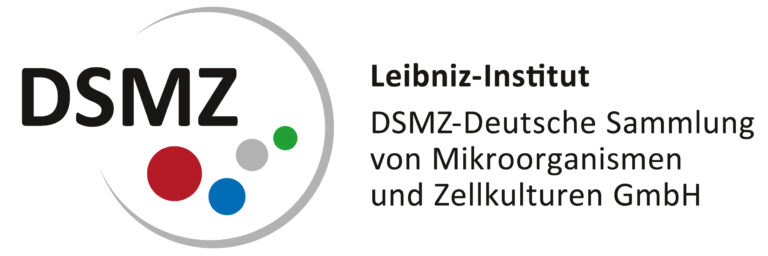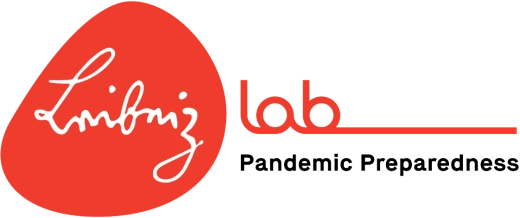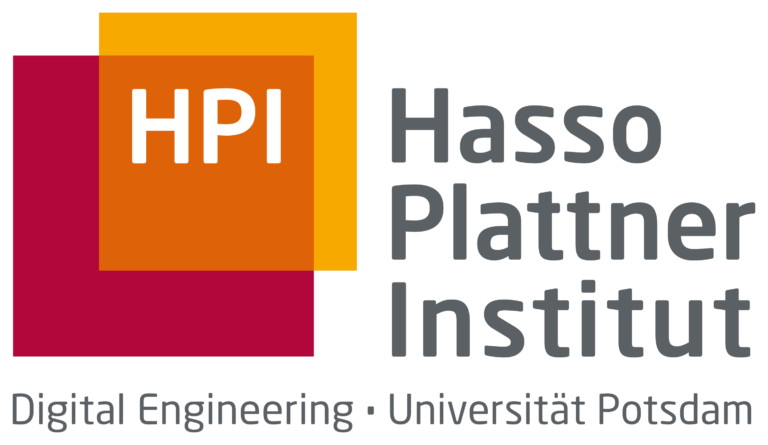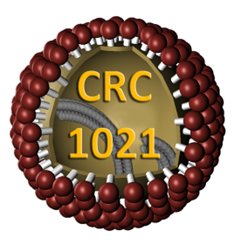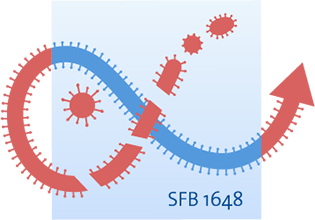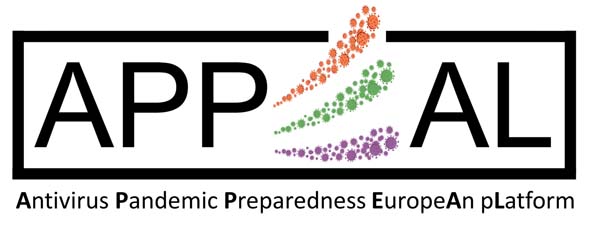
The final vision of VirusREvolution is to enhance viral risk assessment and facilitate a rapid response to viral pandemics by the development of one comprehensive tool for virus research. This tool and the single tools from the individual projects significantly enhance preparedness for viral outbreaks. Leading institutions for national virus outbreaks have announced to use our tools to respond rapidly to emerging viruses.




